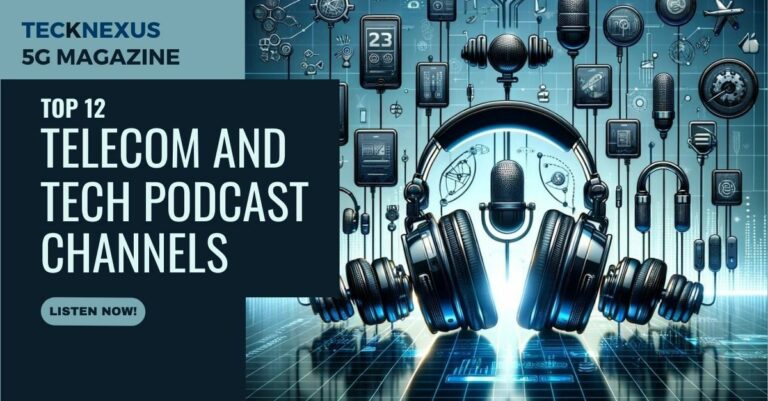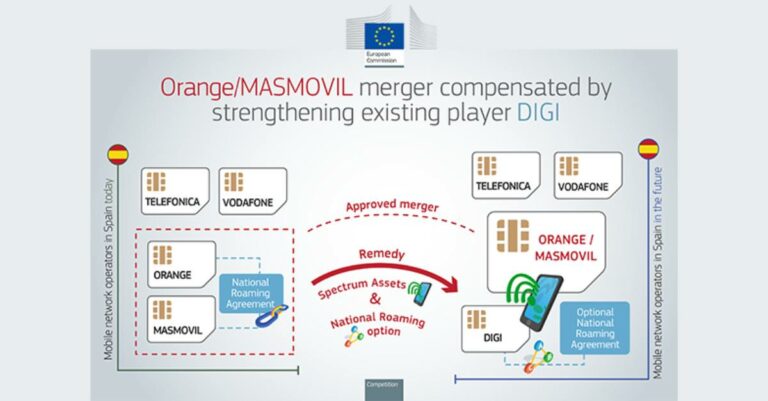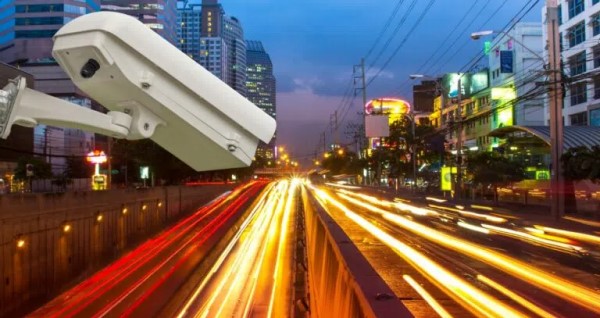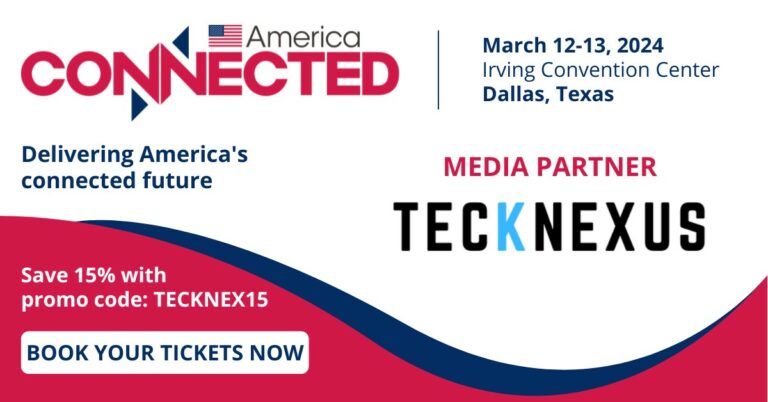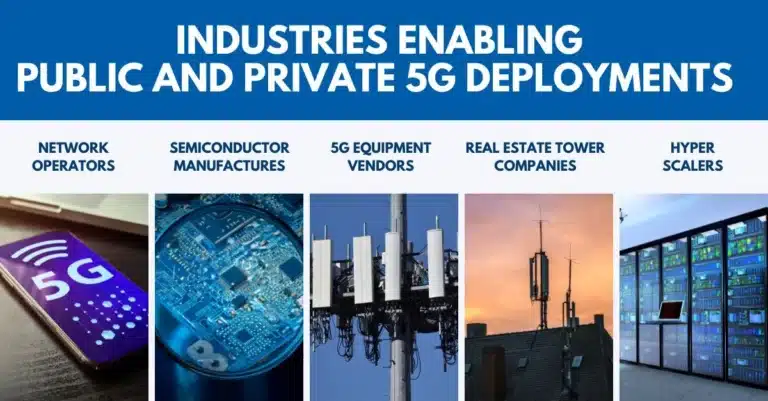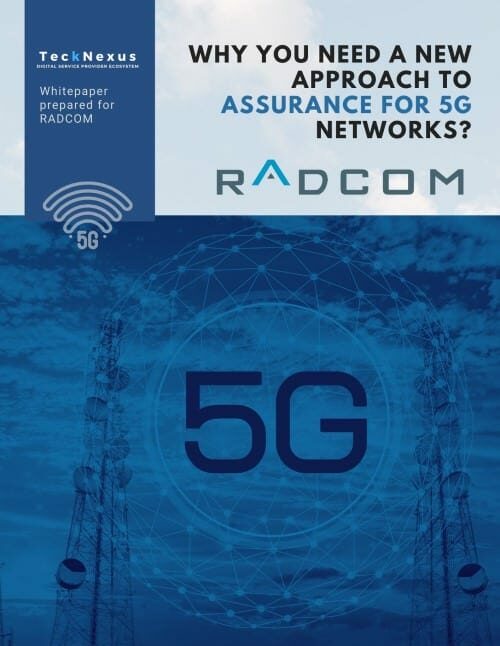The Federal Communications Commission (FCC) has expanded its E-Rate program, enabling schools and libraries to loan out WiFi hotspots to students, staff, and patrons who lack home internet access. This initiative aims to bridge the digital divide and ensure that everyone has the necessary connectivity for a 21st-century education.
FCC Expands E-Rate Initiative to Bridge the Homework Gap with WiFi Hotspots
FCC Chairwoman Jessica Rosenworcel emphasized the importance of this update in bridging the homework gap. “It should be the standard practice that students or anyone who can’t afford internet at home can check out a WiFi hotspot from their local library,” she stated.
This move supports individuals on the wrong side of the digital divide, allowing them to participate in modern civic and commercial life fully.
E-Rate Program Requirements and Safeguards
The FCC has outlined several requirements to ensure the program’s effectiveness and integrity:
- Budget Mechanism: A limit on the amount of support an applicant can request for WiFi hotspots and services over a three-year period.
- Funding Prioritization: If demand exceeds available funding, on-premises category one and category two equipment and service requests will be prioritized before off-premises requests.
- Program Safeguards: Measures to ensure WiFi hotspots and services are used for educational purposes, properly documented, and not funded through other sources.
- Compliance with the Children’s Internet Protection Act: Ensuring that supported internet services are used safely.
John Harrington, CEO of Funds for Learning, praised the initiative, stating, “The approval of this initiative represents a forward-thinking approach to the E-Rate program, aligning it with the realities of today’s educational landscape.”
Libraries: Key Players in Digital Equity and Access
Libraries have long been pivotal in providing digital access and equity.
Cindy Hohl, President of the American Library Association (ALA), noted, “Until everyone has an affordable home internet connection, hotspots are a promising alternative in most communities — and America’s libraries have proven success in lending them.”
Library hotspot lending programs have grown significantly, accelerated by the pandemic. Over the last three years, more than a thousand libraries have provided WiFi hotspots through the FCC’s Emergency Connectivity Fund (ECF). This initiative supported approximately 18 million students with 8 million broadband connections between 2021 and 2023.
Complementing Broadband: The Role of WiFi Hotspots
Larra Clark, Deputy Director of the ALA’s Public Policy and Advocacy Office, highlighted that library hotspot lending complements rather than competes with home broadband connections. “Library hotspot lending was critical during the pandemic, but it doesn’t compete with home broadband. It’s a complement and a stopgap, but it’s not the end goal,” she said.
Libraries and schools play a crucial role in ensuring digital equity. According to the 2023 Public Library Technology Survey, almost half of libraries offer hotspots for checkout, and 95.3% provide digital literacy training. Federal funding, such as the E-Rate program, remains vital in supporting these initiatives.
Vision for the Future: Achieving Digital Equity
Looking ahead, Clark envisions a future where ubiquitous connectivity and lifelong learning are accessible to everyone. “Access, affordability, and digital skills are the three legs of the stool,” she explained. Libraries, schools, and other community institutions are essential in achieving this vision.
The FCC’s expansion of the E-Rate program to include WiFi hotspot lending marks a significant step towards closing the digital divide. By ensuring that all students, job seekers, and community members have access to reliable internet, this initiative supports a more connected and equitable society.





